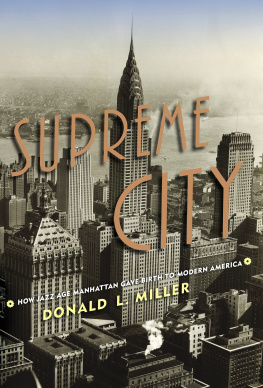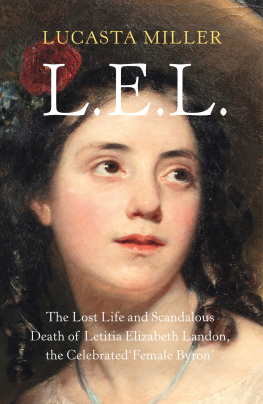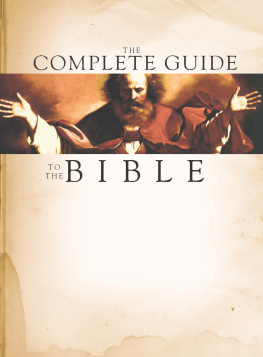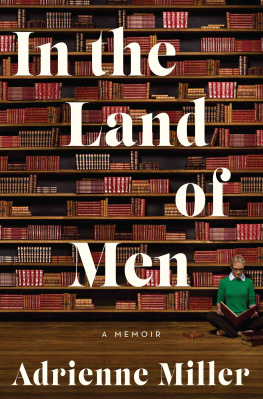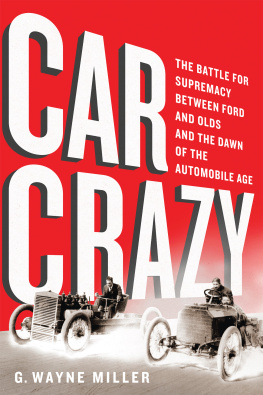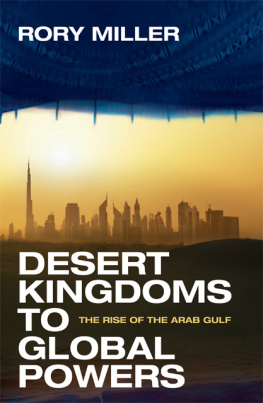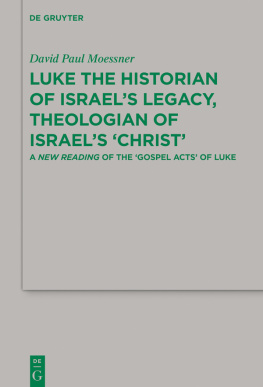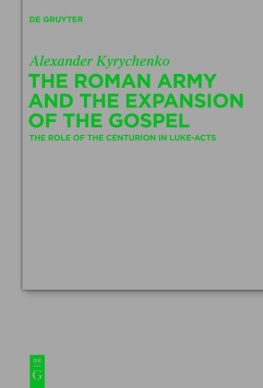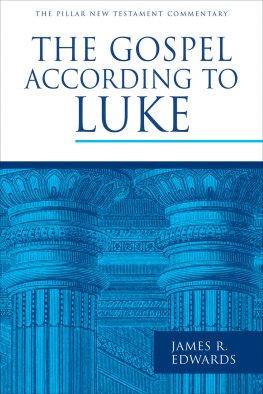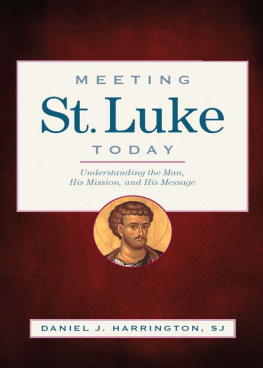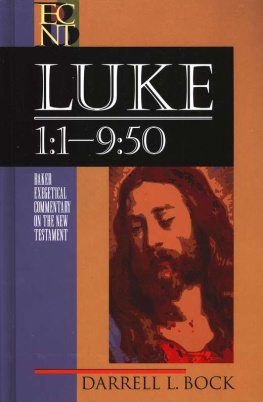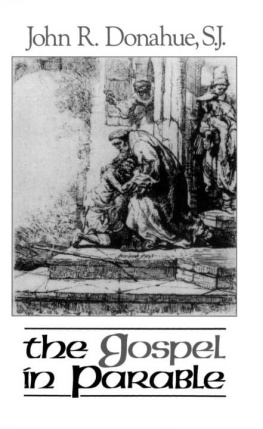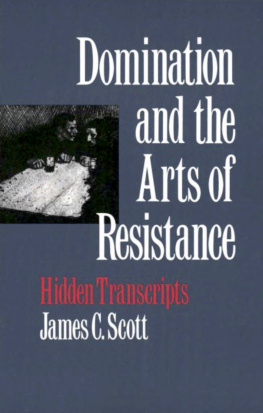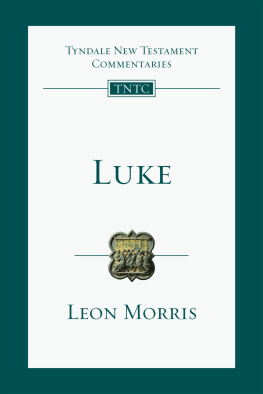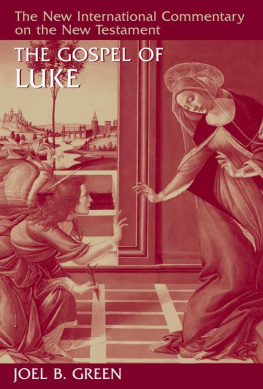Copyright 2014 Fortress Press. All rights reserved. Except for brief quotations in critical articles or reviews, no part of this book may be reproduced in any manner without prior written permission from the publisher. Visit http://www.augsburgfortress.org/copyrights/ or write to Permissions, Augsburg Fortress, Box 1209, Minneapolis, MN 55440.
The paper used in this publication meets the minimum requirements of American National Standard for Information Sciences Permanence of Paper for Printed Library Materials, ANSI Z329.48-1984.
Manufactured in the U.S.A.
This book was produced using PressBooks.com.
2
Preface and Acknowledgements
The focus of Rumors of Resistance, originally my PhD dissertation, grew out of my mutual passions for music, particularly its power to convey both help and hope for a variety of people, and for the Bible and its powerful call to social and spiritual transformation of faith communities and of the world. These twin interests led me first to the Magnificat, then to other ancient songs of status reversal, and finally to the development of this reversal imagery in the Gospel of Luke.
My research has also been shaped, informed, and enriched along the way by various conversations about and experiences with issues of oppression and redemption. Specifically, I am interested in exploring how we might right the injustices of this world, yet refrain from creating new prejudices and boundaries in their place. One central inspiration for this task has been the congregation of Tabernacle Baptist Church, Richmond, VA, particularly our sisters and brothers from Burma. They came to the United States as refugees from widespread ethnic oppression, some quite literally fleeing in the night and not knowing until months later whether children and other family members had made it to safety as well. Yet in spite of all this, they remain kindhearted, gracious, optimistic, and faithful, and have become treasured members of Tabernacle and the Richmond community. They are passionate in their desire for change, for an end to the oppression of their people, and for justice to be done in their home country. Yet they almost always express this passion without harmful bitterness or a desire for vengeance on those who have wronged them. I am humbled and blessed by the example of my Karen, Chin, Karenni, Lesu, and Kachin sisters and brothers, and my work in this project is the better for my having known them.
I also wish to thank my professors at Central Baptist Theological Seminary (Shawnee, KS) and Union Presbyterian Seminary (Richmond, VA). David M. May first inspired me to pursue a graduate degree in biblical studies and modeled teaching the New Testament as a ministry. And deep gratitude must be extended to the scholars who have walked with me from the beginning of this study: John T. Carroll, Frances Taylor Gench, and Warren Carter. They have offered me valuable insight, thoughtful critique, and endless encouragement, and for that I cannot thank them enough.
My colleagues at Belmont University have been a great help and support as I have juggled the last steps of this project and the first steps of my life as a teacher. I am grateful for their encouragement, flexibility, advice, and understanding.
Finally, my family and friends have been an immeasurable help throughout the past several years. In particular, my parents, Roy and Emily Smith, have always had an unshakeable belief that I could and would accomplish whatever I wanted to, and I would not be where I am today without that confidence. And of course, I could never have completed this project without my husband, Rev. Alec Miller, and our son, Lukas. For all the support, conversations, advice, debates, snuggles, laughs, encouragement, dinners cooked, and dogs walked, I can only say, with all my love, thank you, thank you, and thank you again.


